Egypt : an unfinished Revolution
Fondapol | 22 mai 2011
 In the eye of a perfect storm
In the eye of a perfect storm
Tahrir Square has been an ecosystem in itself – the military with its guns, anti-regime activists from every rank of the society organized and self sustained since the very start of the Egyptian revolution, even joined at times by pro-regime supporters flying in on horse, donkey and camel backs. The picture is complete, incredible, and in tandem with the revolution itself in Egypt that has so far mostly been an exemplary feat of organization, mass consensus and rational collective action on the part of the activists.
Egypt’s revolution had been in the making for three years. A core group of young activists such as those from the April 6 youth movement had planned and organized for these momentous times, set ablaze by the necessary spark provided by Tunisia. It is sometimes also said that it has been a leaderless revolution, although in the side streets of Cairo there have been leaders, who traveled abroad, met and took lessons from leaders of other revolutions. The organizers set up office in downtown Cairo and a few more ad hoc offices and medical centers in the streets. From here they trained and distributed pamphlets to protestors about what to do, telling them that non-violent struggle is a form of warfare. What ensued was a well-orchestrated people’s movement that tackled a dictator, kept up the momentum of the anti-regime protestors, as well as media interest of the world using strategically symbolic locations and well-planned gestures. It also worked because one part of the establishment went up to the President and whispered to him that he would need to step down. On 11th of February, when the people of Egypt called for a Day of Farewell, the President promptly ceded power. Egypt at that time did not take the course that Libya, Syria, Yemen have now taken.
The emotions spill over
But historically, revolutions however well organized in attempt, have been inseparable from emotions, where gut feelings and passionate reasoning have gone hand in hand. The Egyptian revolution so far has been fairly well controlled by rationality and organization. But for how long?
Let us look at Egypt today. There are clashes between ideologies. Vengeance is brewing against the wealthy and endowed. Elsewhere there is anger that many of the stooges of the regime are still in power or have not been punished enough. For Egypt’s burgeoning middle class, the fall of the despot was thought to be the solution to every economic and social grievance. That romantic notion is now shattered. There are workers protesting outside every office doorstep, perplexed. Their disappointment may not be entirely without reason because despite them bringing down a despot, Egypt today is still under a military rule, with democracy nowhere in clear sight yet. Frustrations on both sides, of the people and of the current ruling military, perhaps spilt over in the early hours of 9th April, when three hundred armed military police men packed like sardines in four Central Security Forces trucks set off to bring back fifteen dissenting military officers who had chosen to join the protestors at Tahrir. In the bargain they fired at peaceful protestors all night, turning Tahrir square in to a bloody pig sty. Two of those dissenting officers were of course shot dead.
The country has so far lived by a different set of rules. Like it or not they will need to go through the process of redefining how they want to be governed. The dictator has been de-throned, now the people will need to destroy his throne in their minds. Only then will the revolution be successful and complete.
Rationality, emotions, and the success of a revolution
The test of tenacity for Egypt’s people will again soon present itself. Egypt’s ex-President Hosni Mubarak is expected to soon go on trial. Already on Cairo’s corniche some pro-Mubarak processions are mushrooming, a grudging outburst organized by those who probably benefitted favorably from the old regime. Further, it is speculated if the military can bear the mantle of being an unbiased usher of democracy and charge guilty in the courts its former leader of thirty years. If they do not do so, the millions who marched to Tahrir, the families of the eight hundred martyrs, and many more, will surely rise in utter rage.
Let us say Egypt is to indeed reach a point where it successfully establishes some form of a free and fair representative democratic system. Then, she will also have to learn to break away from the organization that comes with military regimes. She will have to deal with democracy’s vagaries and chaos. The Egyptian society is fractioned by economic class, religion and race. Further, in the past decade there has been a clear increase in conservative mindsets amongst a large section of its population living in cities but mostly also amongst those in the provinces who were often not active participants in the revolution. Ultimately the choice of the country’s leadership will reflect what goes on in the minds of the latter, simply because they make for the majority of the population. In this fledgling democracy, how much can we know of those minds? The results of the referendum in the month of March this year, where the votes of these very people brought the Nation to accept the constitution only with its current reforms, showed how little we know of them. It was Egypt’s first lesson in democracy’s fluid and unpredictable nature.
In anticipation of a possible election as early as September this year, the so far united block of the people’s movement is cracking in to factions as a score of contesting political parties and ideologies emerge from within it. On the other hand, Egyptians all over the country are scanning presidential candidates. A section of their youth is coping with a moral dilemma when approached for recruitment by these fledgling political parties for election campaigns. Understandable, because so far the children of Egypt had been taught to shun political ideologies. This is indeed marvelous for a people that a few months ago refrained from the very mention of the regime even in their homes. But while in the cities a small number of Egyptians discuss thoroughly the agenda and viability of potential next leaders, given the short time frame of such an election campaign the votes of the rest of the country at large will most likely be swayed by abstractions of fondness, sympathy, or blind faith in a particular candidate or party. The candidates have never had the chance to demonstrate their governance skills, and the people have had no precedents to compare them with. There is only limited scope for rationality here and the majority of Egyptians will depend on gut feeling.
Finally, at the heart of it, the notion of freedom itself is irrational. As societies ‘evolve’, limits have been set on a central feature, freedom. Yet ironically the eternal desire of man is to be free. Often when freedom is granted one does not know what to do with it. Freedom for Egyptians perhaps means a break from the past. What will Egyptians make of this freedom? Will they succumb to focusing on vengeance from the erst-while ruling elite? Will the heady romance of a revolution in progress strengthen identity politics? The violent nature of the uprising in neighboring Libya does not help. The question at the crux of it is that, will emotions finally take over?
Uncertainties and metamorphoses of freedom
Today, identities based on religion, class, and ideologies are arising from within what had earlier seemed to be a muted homogenous population under a dictator. This is adding fuel to frequent violent sectarian and ideological clashes even in the capital city, unheard of in Mubarak’s regime. In the larger picture this is a marvelous phenomenon in progress because for the first time in their lives young Egyptian men and women are tapping in to their own minds, to put on the table their identity, to openly recognize their political choices, their vision for Egypt, and its place in the world. On the road to free democracy, rethinking their identity and the meaning of fairness, justice and freedom is natural.
After all, revolutions are inherently messy. This is probably because their success relies on feelings, intuitions, biases, longings, predispositions, societal traits and bonding. The course that any revolution takes and its final outcome are unpredictable because those abstractions are precisely the things of which we are taught all our lives to least talk about.
Today I walk by Tahrir square. It is empty, stained by the blood of peaceful protestors, an unnatural calm, in the looming unpredictability of the days to follow. It is as if waiting for the Egyptians to break from the mould, complete this unfinished revolution, and be truly free.
Dr. Miniya Chatterji is a fellow at the Dubai School of Government, and a partner at an international consulting firm. She lives in Cairo.
Crédit photo, Flickr: RamyRaoof

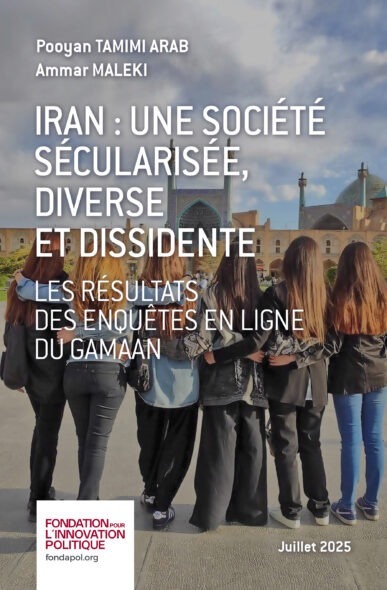

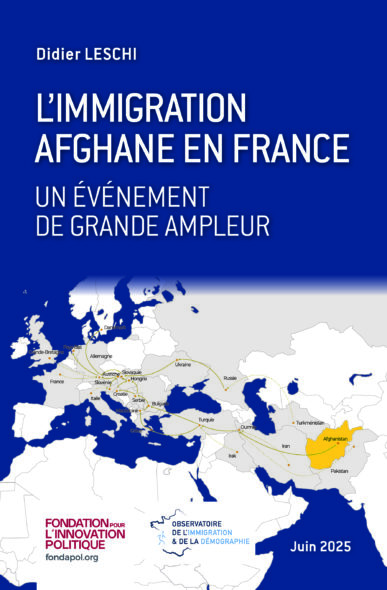
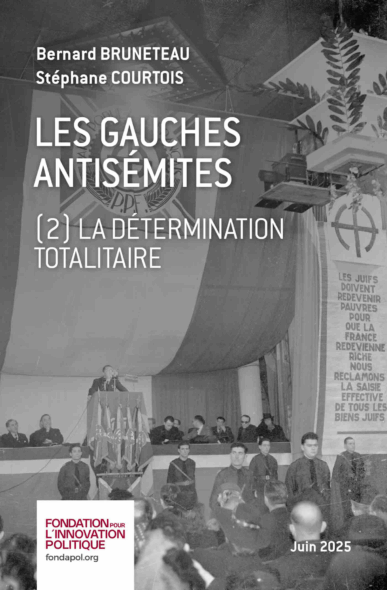
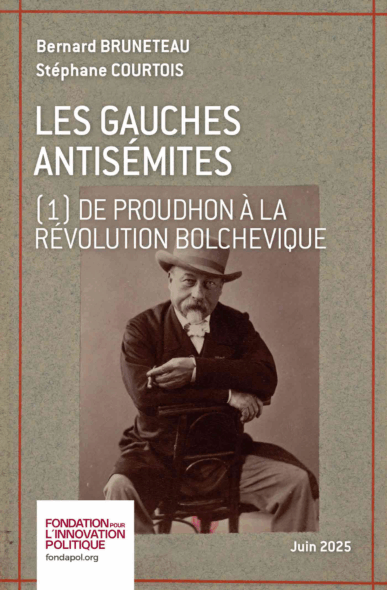
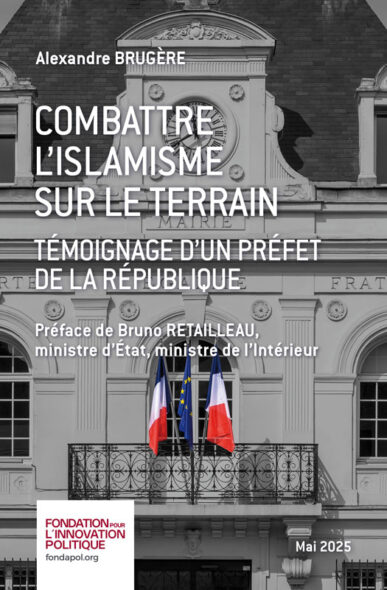
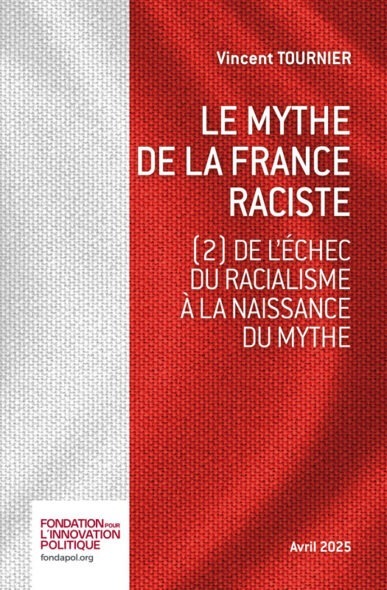

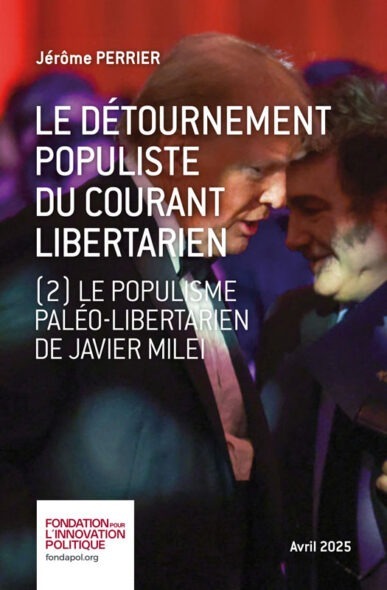
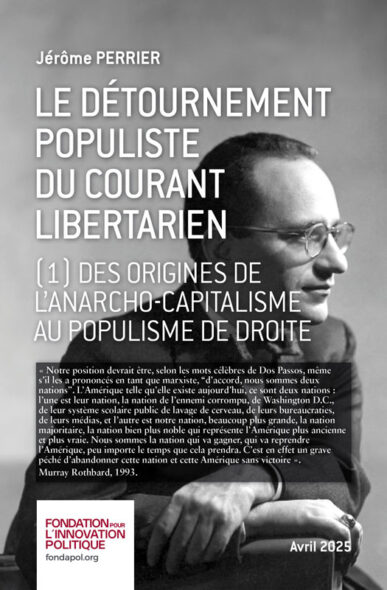
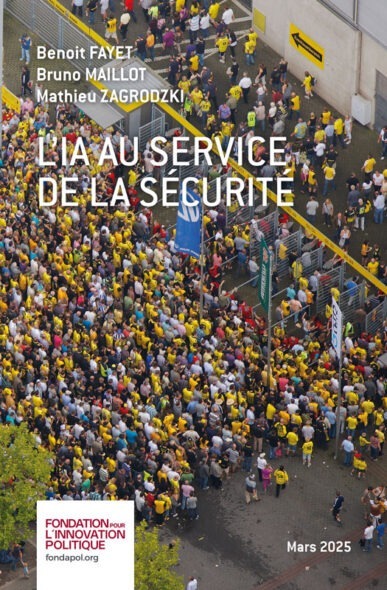
Aucun commentaire.